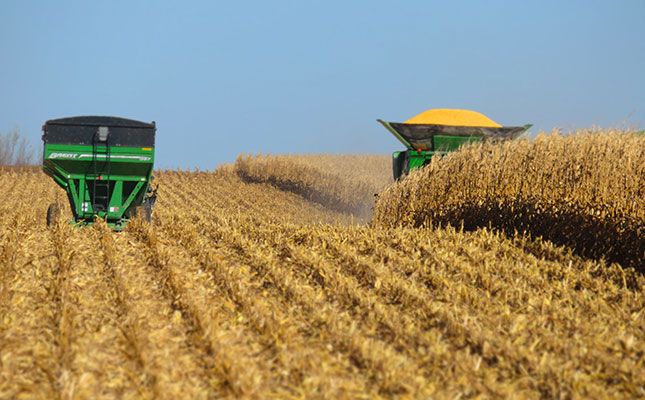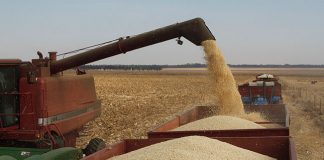
Photo: Pxfuel
In addition to diesel shortages across parts of South Africa, producers will also have to brace themselves for a hefty diesel price increase on Wednesday.
Commenting on unaudited month-end data released by the Central Energy Fund (CEF), the Automobile Association (AA) predicted a petrol price increase of R1,74/l from 1 July, while diesel was expected to increase R1,73/l, and illuminating paraffin R2,14/l.
READ Record global harvests predicted for maize and wheat
According to the AA, the rebound in international oil prices had been as remarkable as their fall earlier in the year.
“The basic price of petrol and diesel in South Africa jumped from around R3/l on 1 May to nearly R6/l by 25 June,” the AA said in a statement.
According to Corné Louw, senior economist at Grain SA, the immediate effect of the diesel price hike was a R44/ha increase in production costs.
“We take into account that a farmer uses an average of 25l of diesel per hectare to harvest a crop and to drive it to the nearest silo. For the national area of 2,6 million hectares under maize, it will result in an extra R114 million,” Louw explained.
He stressed that this calculation excluded producers’ diesel consumption for ripping after harvesting.
Meanwhile, Agri SA called on government to launch an urgent inquiry into the continuous shortage of diesel. Farmer’s Weekly previously reported that due to inadequate stocks of diesel, stock rationing had been implemented until the end of May.
READ Wool and maize: perfect partners on marginal lands
The deficit had initially been attributed to a more rapid recovery of the economy than expected, when the national lockdown restrictions to contain the coronavirus disease (COVID-19) were eased from Level 5 to Level 4. However, there was currently still a shortage of diesel, with farmers battling to buy fuel for harvesting purposes.
According to Agri SA, one of the key reasons for the shortage was the ongoing vandalism and theft of diesel by well-organised syndicates from the diesel supply lines between Durban and Johannesburg.
READ Sharp increase in SA fertiliser prices due to weak rand
Agri SA urged Transnet, industry stakeholders and government to act swiftly on the matter to avoid further damage to an already fragile economy.
“The agricultural value chain is heavily dependent on diesel for harvesting and to transport produce to offset points. Hence, disruptions in supply can completely paralyse the industry, and all commodities can potentially be affected.
“Farmers in the northern parts of the country are busy harvesting summer grains. Given the fact that there is currently a high demand for white maize meal, prolonged shortages of diesel hold the risk of negatively [affecting] food security,” said Christo van der Rheede, deputy executive director of Agri SA said.











